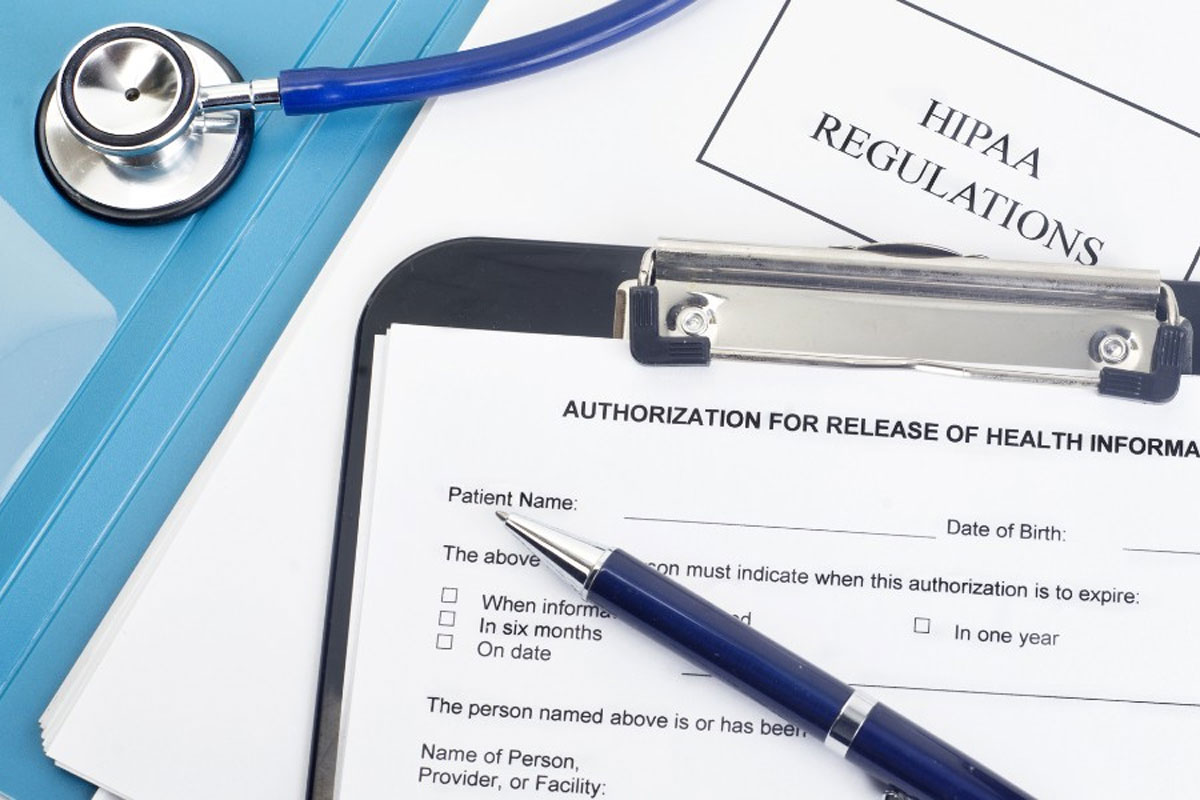In the ever-evolving landscape of healthcare, the need for efficient and secure medical billing practices has become paramount. The Health Insurance Portability and Accountability Act (HIPAA) is a crucial legislation that addresses these concerns. By focusing on safeguarding patient information and streamlining billing processes, HIPAA offers numerous benefits for healthcare providers and organizations. In this blog, we will delve into the advantages of HIPAA in medical billing, highlighting how it ensures privacy while simultaneously boosting profitability.
Enhanced Data Security
Data breaches can have disastrous consequences for healthcare providers and their patients. HIPAA’s Privacy Rule establishes standards to protect sensitive patient information, known as Protected Health Information (PHI). Medical billing processes often involve the transmission of PHI between different entities, making it vulnerable to unauthorized access.
By adhering to HIPAA regulations, healthcare providers can implement robust security measures, such as encryption and access controls, to safeguard PHI from potential threats. These security enhancements reduce the risk of data breaches, protecting patient privacy and fostering trust between healthcare organizations and their clientele.
Mitigation of Legal and Financial Risks
Non-compliance with HIPAA can result in severe penalties, including substantial fines and legal actions. Healthcare providers who adhere to HIPAA regulations demonstrate their commitment to protecting patient privacy, which can prove invaluable in avoiding costly legal disputes.
Furthermore, by adhering to HIPAA guidelines, healthcare organizations reduce the likelihood of data breaches and the associated costs of remediation, such as forensic investigations, notifying affected individuals, and implementing corrective measures. Avoiding these financial pitfalls contributes directly to improved profitability in medical billing.
Streamlined Billing Processes
HIPAA promotes standardization in medical billing practices through its Transactions and Code Sets Rule. By implementing uniform coding and electronic billing procedures, healthcare providers can streamline their billing processes, leading to faster reimbursements from insurance companies. This, in turn, improves cash flow and reduces administrative burdens, enabling healthcare organizations to focus on delivering quality patient care.
Increased Efficiency and Productivity
By adopting electronic health record (EHR) systems that are compliant with HIPAA regulations, healthcare providers can enhance their overall operational efficiency. These systems facilitate seamless information exchange between various departments, reducing the need for manual data entry and minimizing errors. As a result, healthcare staff can dedicate more time to patient care, leading to increased productivity and a positive impact on profitability.
Trust and Patient Satisfaction
Privacy breaches in medical billing can lead to patients losing trust in their healthcare providers. On the contrary, strict adherence to HIPAA regulations demonstrates a commitment to safeguarding patient information, fostering a sense of trust between healthcare organizations and their clientele. Patients are more likely to engage with healthcare providers they trust, leading to improved patient satisfaction and loyalty, which, in turn, can positively impact the organization’s financial bottom line.
Facilitating Interoperability
HIPAA also addresses the importance of interoperability in healthcare. Through its Security Rule, it encourages the use of secure electronic communications between healthcare entities, promoting seamless information exchange. Interoperability facilitates the sharing of patient data between different providers, specialists, and insurance companies, leading to more informed decision-making, reduced redundancies, and improved patient outcomes.
Competitive Advantage
In today’s competitive healthcare landscape, distinguishing oneself from other providers is essential. By effectively implementing HIPAA regulations and advertising their commitment to patient privacy, healthcare organizations can gain a competitive edge. Potential patients are more likely to choose a provider that values their privacy and security, contributing to increased patient acquisition and, subsequently, higher profitability.
Conclusion
HIPAA plays a pivotal role in ensuring the privacy and confidentiality of patient information while offering various advantages in medical billing. By prioritizing data security, streamlining billing processes, and fostering patient trust, healthcare organizations can simultaneously enhance privacy protection and boost profitability. Embracing HIPAA not only aligns healthcare providers with regulatory requirements but also empowers them to deliver efficient, secure, and patient-centric services in today’s dynamic healthcare environment. As technology continues to evolve, staying abreast of HIPAA compliance will remain essential for all stakeholders in the medical billing ecosystem.

